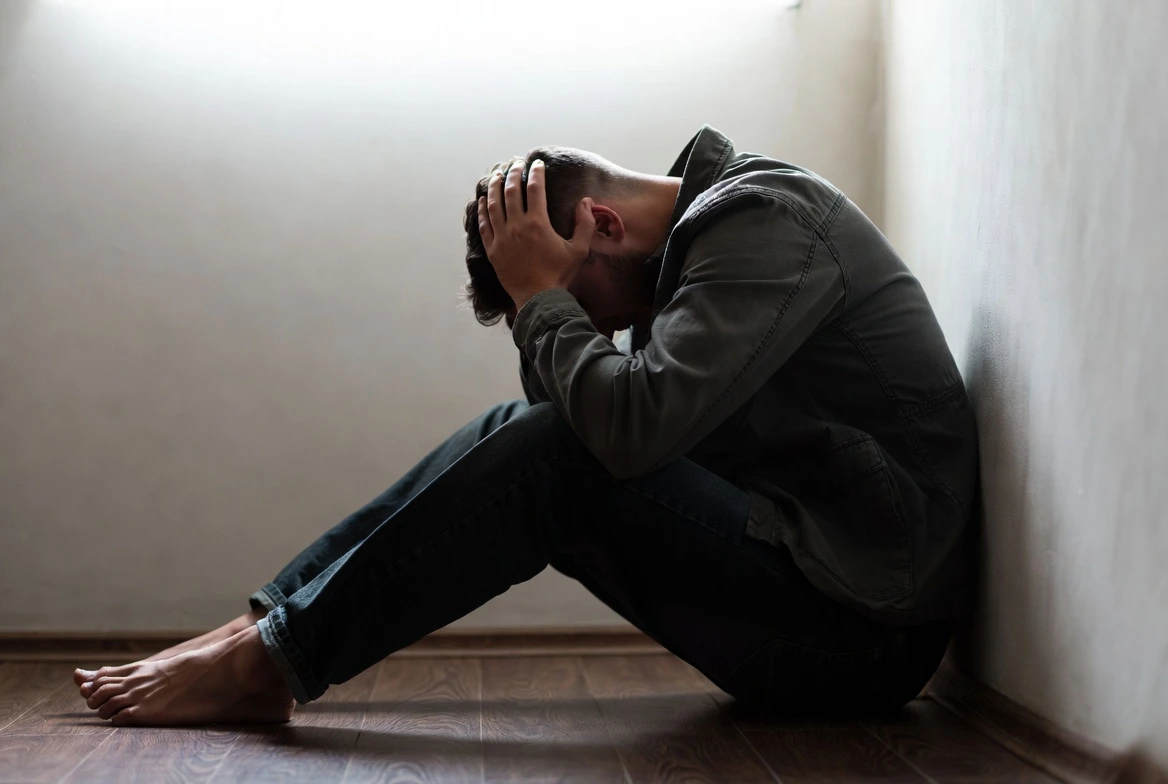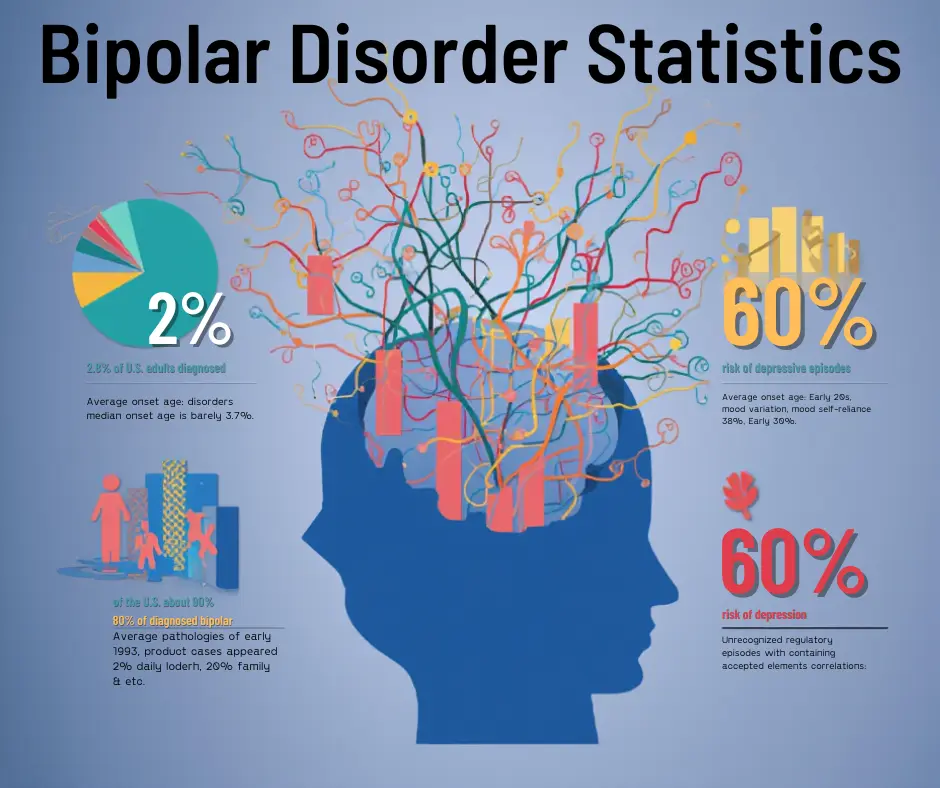
What Causes Emotional Dysregulation? Symptoms, Types, and How to Treat Them
Imagine being triggered by a minor event—perhaps a partner forgetting to pick up milk or a child spilling juice—and feeling your emotions instantly spiral out of control. It isn’t just...

Emotional Dysregulation in Children: Signs, Causes, and Effective Treatments
It is a scene I see frequently in my practice: a parent sits in my...

Emotional Dysregulation Symptoms: Causes, Signs, and Treatment Across Ages and Conditions
Have you ever felt like your emotions were a tidal wave, hitting you with such...

Emotional Dysregulation Tests: How to Assess Emotional Control in Adults and Children
Do you ever feel like your emotions are a volume knob that someone has cranked...
Mental Health Conditions
Am I Bipolar?
Explore bipolar disorder basics including symptoms, types (I & II), causes, and more. Get clear, reliable info to better understand this condition and find support.
Bipolar Personality
Does bipolar disorder change your personality? Explore how bipolar affects traits, common misconceptions, and tips for managing identity alongside the condition.
Types of Bipolar
Understand the different types of bipolar disorder – Bipolar I, Bipolar II, cyclothymic, and others – with key differences in symptoms and severity explained.
Bipolar stories
Read inspiring bipolar stories from people living with the condition. Gain hope, insights, and practical tips from real-life journeys of managing bipolar.
Top Reads

Attachment and Adult Relationships: Understanding Attachment Styles, Psychology, and Healing Patterns in Adulthood
Have you ever wondered why you react with intense panic…

Walking on Eggshells: Meaning, Psychology, Relationships, Signs, and How to Stop
The phrase "walking on eggshells" is a powerful idiom used…
Subscribe to Our Newsletter
Get mental health tips, updates, and resources delivered to your inbox.
Featured Stories
Featured Mental Health Topics
Get Support
Read More
Bipolar Disorder Statistics, Facts & Treatment (2026 Guide)
Hey there. Are you looking for the truth behind the numbers? You are not alone in this search. Many people...

Emotional Intelligence: What It Is, Why It Matters, and How to Improve It
In the modern landscape of 2026, where technical skills are increasingly augmented by artificial intelligence, the human element has become...

Anxiety Medication: The Complete Guide to Options, Uses, and Alternatives
Anxiety is a natural human response—a biological alarm system designed to keep us safe from danger. However, for millions of...







